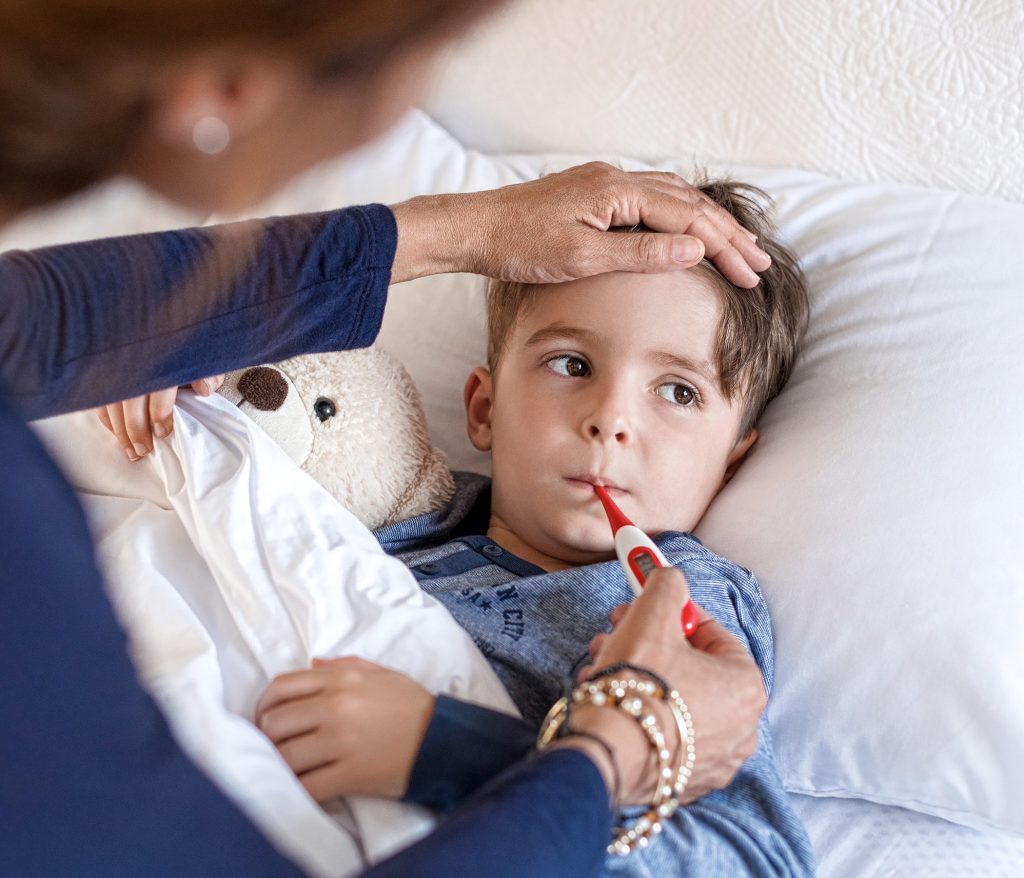What is the Treatment for a Viral Lung Infection?
Lower respiratory tract infections can be caused by either a virus or bacteria. People with lower respiratory infections (bronchitis or pneumonia) typically exhibit symptoms such as shortness of breath, fever, coughing, and fatigue.
There are no known treatments for most types of viral infections, although your MD Now provider may prescribe medications to manage symptoms. For bacterial infections, antibiotics may be prescribed.
Complications of Acute Respiratory Infection Can Result in Permanent Damage or Even Death. Activate 911 Immediately If You Experience:
- Shortness of breath
- Chest pain
- Irregular heartbeat
- Confusion
What is the Best Treatment for Bronchiolitis?
Bronchiolitis typically occurs in infants and children. Watch for changes in breathing, such as struggling for breath, making grunting noises, or an inability to speak or cry.
Since the condition is caused by a virus rather than bacteria, antibiotics are ineffective in bronchiolitis treatment.
Unless your child has an associated bacterial infection, such as pneumonia, your provider is unlikely to prescribe antibiotics. In some cases, however, your child may require hospital care.
How Do You Know If You Have Walking Pneumonia?
Walking pneumonia can be caused by a bacterium called mycoplasma pneumonia. Approximately 15 to 25 days after exposure to mycoplasma, you may experience symptoms such as:
- Chest pain when taking a deep breath
- Coughing spasms
- Mild flu-like symptoms
- Sore throat
- Headache
- Fatigue
- Weakness
Some people also experience ear infection, anemia, and skin rashes. Walking pneumonia is typically treated with antibiotics.

